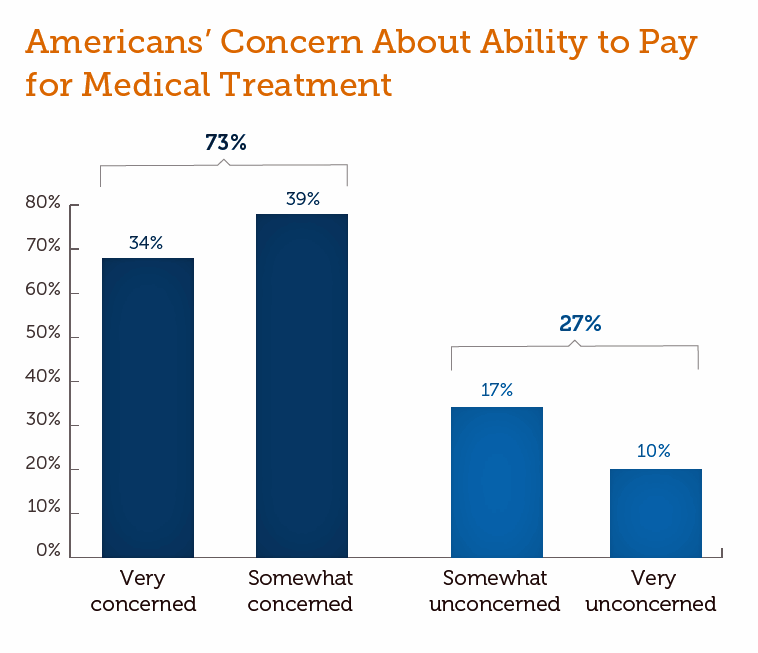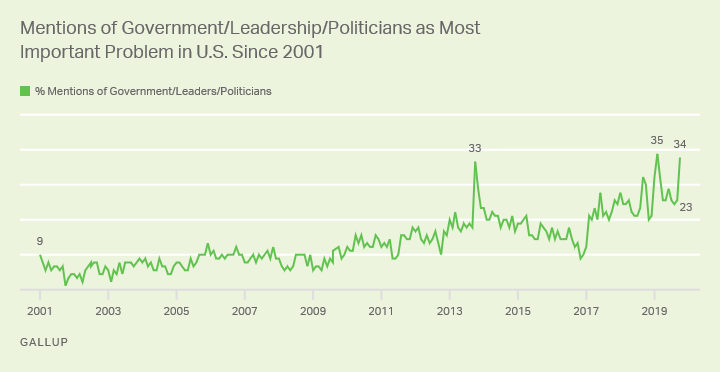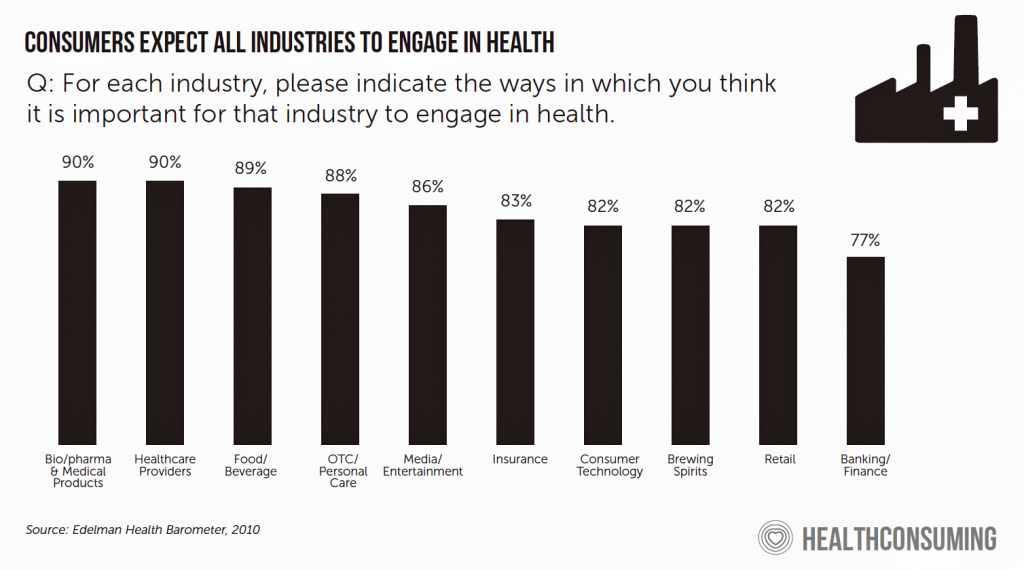Rising health care costs continue to concern most Americans, with one in two people believing they’re one sickness away from getting into financial trouble, according to the 2019 Survey of America’s Patients conducted for The Physicians Foundation.

In addition to paying for “my” medical bills, most people in the U.S. also say that income inequality and inadequate social services significantly contribute to high medical spending for every health citizen in the nation.
The Physicians Foundation conducts this study into Americans’ views on the U.S. health care system every other year. This year’s poll was conducted in September 2019 and included input from 2,001 U.S. adults ages 27-75 who had seen the same doctor at least once in the past year.
Digging into the health care cost concerns, the Foundation asked people about their health care affordability cost thresholds — that is, their ability to pay medical bills for an unexpected illness before they hit a personal financial crisis. 42% of Americans could afford a bill of $500 or less before they would have financial issues; 22% could afford between $501 and $2,500; and, 37% could afford more than $2,500 to pay for an unexpected health issue.
Cost was ranked as the top issue negatively impacting patient care in this survey, identified by 86% of U.S. health care consumers, followed by waiting for insurance pre-approvals (cited by 72%), using pre-determined treatments based on scientific evidence of similar cases (aka protocols or clinical guidelines (noted by 50% of consumers), and electronic health records (among 30% of people).
Related to costs, consumers were asked about factors they believe drive up health care spending. Three-quarters of Americans believe that hospitals, clinics and physicians should look beyond patients medical/clinical needs into root causes like access to healthy food, transportation, and safe/clean housing — the social determinants of health.
The study also addressed the politics of health care leading up to the 2020 Presidential election. Cost concerns are playing into peoples’ perspectives on health care reform proposals, with a majority of survey respondents saying they’d be more likely to vote for a candidate that would support expanding private health insurance reforms versus scrapping commercial insurance for a Medicare for All proposal. While a “single payer health care system” was favored by 41% in terms of a candidate’s position, 77% of people could not agree on a definition for what “single payer” means in a U.S. health care system model.
 Health Populi’s Hot Points: Americans’ mentions of “government” as a top U.S. problem are near a record high, a Gallup poll published this month found. Americans’ satisfaction with “the way things are going in the U.S.,” as Gallup puts it, has fallen down to 28% in this study conducted in the first two weeks of October 2019. Americans pointed to government as the top problem in the U.S., followed by immigration (at 13%, falling 3 points in the month since September), race relations (at 6%), health care and insurance (at 5%), unifying the country (5%), and climate change (4%).
Health Populi’s Hot Points: Americans’ mentions of “government” as a top U.S. problem are near a record high, a Gallup poll published this month found. Americans’ satisfaction with “the way things are going in the U.S.,” as Gallup puts it, has fallen down to 28% in this study conducted in the first two weeks of October 2019. Americans pointed to government as the top problem in the U.S., followed by immigration (at 13%, falling 3 points in the month since September), race relations (at 6%), health care and insurance (at 5%), unifying the country (5%), and climate change (4%).
“Average mentions of government have been on the rise since 2017,” Gallup noted in a growing polarized political climate in the U.S.
So whose job is it anyway to bolster social, economic and environmental health for a nation’s health citizens?
There’s a trend in 2019 which will continue through 2020 where private sector health care providers, Foundations and other non-public sector entities have begun to address social determinants of health. Kaiser Permanente is building a data platform with Unite US to manage and address the challenge, as well as investing in housing for residents in its communities, part of the organization’s $200 mm Thriving Communities Fund.
 Microsoft recently launched a program to build housing for people around its Seattle headquarters. Microsoft is working with Humana on how to leverage data to help people age in place safely and health-fully. Humana connects with consumers on issues of loneliness and mental health through its campaign with spokespeople Nick Jonas, Queen Latifah and Ted Danson. Humana also launched a “Bold Goal” initiative to boost healthy food access for people enrolled in the plan’s Medicare Advantage programs.
Microsoft recently launched a program to build housing for people around its Seattle headquarters. Microsoft is working with Humana on how to leverage data to help people age in place safely and health-fully. Humana connects with consumers on issues of loneliness and mental health through its campaign with spokespeople Nick Jonas, Queen Latifah and Ted Danson. Humana also launched a “Bold Goal” initiative to boost healthy food access for people enrolled in the plan’s Medicare Advantage programs.
I laud these programs initiated by private sector businesses and health care stakeholders. Health consumers absolutely want to engage across all industry segments for health, we learned from the Edelman Health Engagement Barometer back in 2010 (shown in the bar chart here taken from my book HealthConsuming).
But as we consider our larger personal health ecosystem’s beyond healthcare system touch points, the public sector plays an over-arching role in fundamental public health pillars like infrastructure (think: clean air, clean water), education and food policy.
A new study from a global research team published in the Proceedings of the National Academy of Science (PNAS) looked into social, demographic, and economic correlates of food and chemical consumption finding a direct statistical relationship between wastewater and socioeconomic factors: that is, people in lower socioeconomic strata had greater exposure to environmental hazards. These are social determinants of health that lie well beyond the prescription pads of doctors, nurses, pharmacists and disease managers.
In tomorrow’s Health Populi blog, I’ll cover specific aspects in the Physicians Foundation 2019 survey addressing prescription drug costs.
The post While Costs Are A Top Concern Among Most U.S. Patients, So Are Challenges of Poverty, Food, and Housing appeared first on HealthPopuli.com.
While Costs Are A Top Concern Among Most U.S. Patients, So Are Challenges of Poverty, Food, and Housing posted first on http://drugsscreeningpage.blogspot.com/
No comments:
Post a Comment